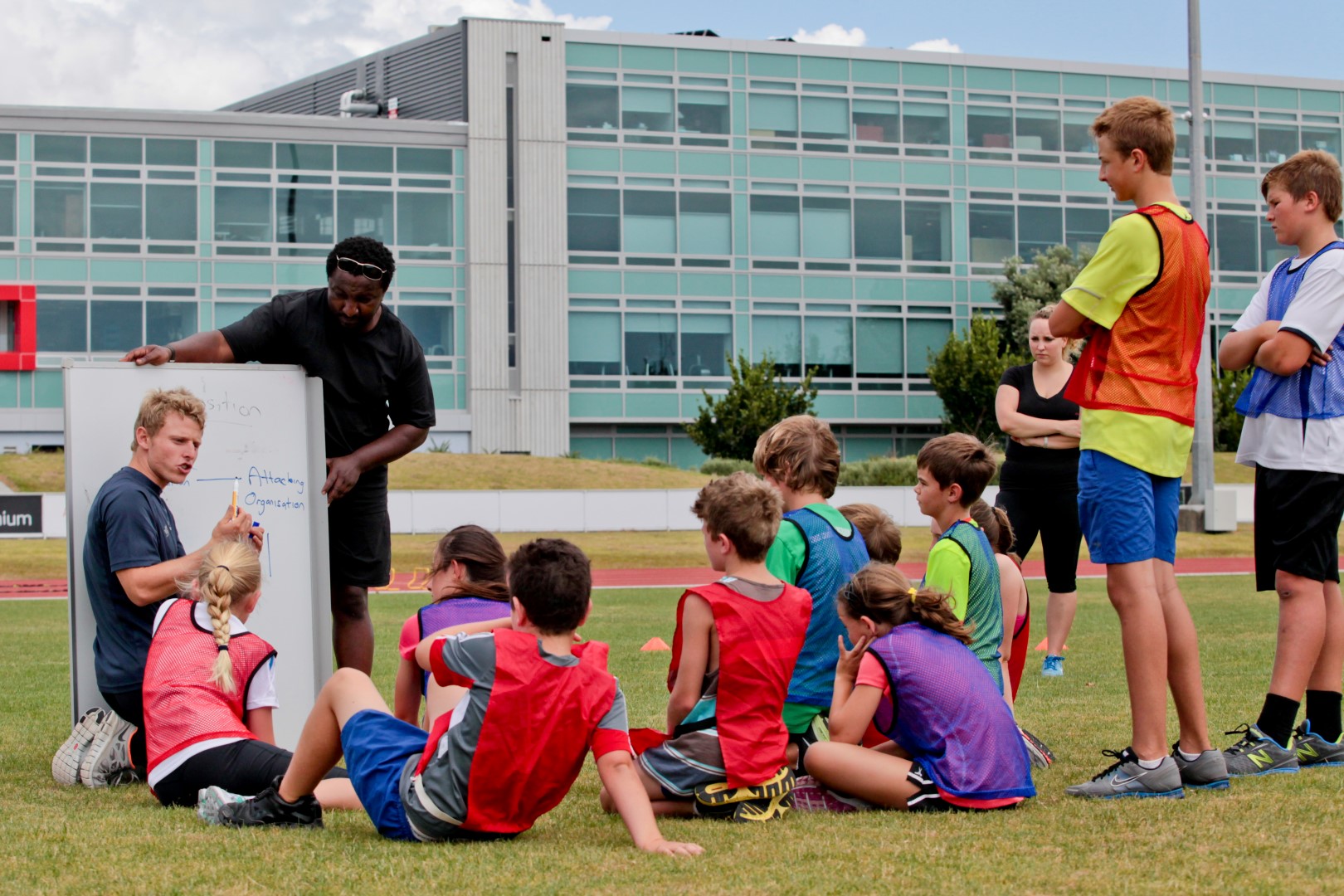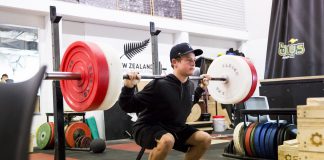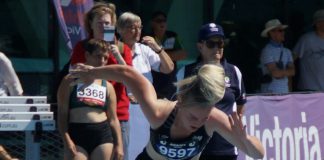I believe that coaching youth athletes is one of the highest impact and most rewarding things you can do. It’s your chance to make a real difference to kids’ lives. For that reason, it comes with a responsibility. A responsibility to live up to the name on the back of your shirt: “coach”, rather than just instruct.
What is coaching then? By definition, coaching is “the training or development in which a person called a “coach” supports a learner in achieving a specific personal or athletic goal”.
With that is mind, here are 7 things you can do to help your athlete to learn faster and achieve more success.
1) Always greet your athletes with real enthusiasm
Set the scene by welcoming your athletes to your session enthusiastically, regardless of how good or bad you may be feeling. Life is busy. Your athletes have chosen to spend some of their valuable time with you, so be sure to let them know you appreciate it.
2) Always introduce you session clearly and concisely
Athletes will give you greater effort when they know what’s expected of them. There’s no need to explain the whole session in detail, you’ll lose their attention very quickly and besides, it’s impossible for them to retain everything you say anyway. Just provide a very clear, concise overview (2 min max) that gets them excited about what’s ahead. The best learning happens by doing, not listening to you talk.
3) Always give your athletes enthusiastic, winning feedback when they demonstrate improvements, particularly those in effort
Positive reinforcement is your best friend. Use words of affirmation to praise your athletes when they do something well. Specifically, hone-in on their improvements in effort, as this will increase their feelings of accomplishments and drive them to work even harder to succeed. And remember, the success of your athletes is really about doing things better today than they were done yesterday, regardless of the level they started at.
4) Always give your athletes simple, concise technique feedback to enable them to continue to improve
“Great job”, “well done”, “that was awesome”, is good feedback. Great feedback, on the other hand, explains exactly what was done well. Concise, regular pieces of feedback are most effective. When correcting technique always open with something specific that the athlete did well. Then follow it up with the correction to the skill or movement being learnt. Here’s a footballing example: “I loved the way you followed through with your leg swing on that pass. Next time, try placing your planted foot a little closer to the ball”.
5) Always use questions to get athletes to self-analyse their performance
Encourage your athletes to think critically about their performance by using quality questions in your coaching. Not only will this improve their learning, but is a very effective way of connecting more with your athletes. Here’s an example:
Coach: “How did that feel Jonny?
Athlete: “Really good. It seemed really easy”.
Coach: “OK great, so what did you do differently than last time?
6) Always ensure your athletes know what is coming next
Earlier in this article I talked about providing a clear and concise introduction. Well here’s an important follow up. At key points throughout the session, inform your athletes of what is coming next. This will keep your session on track and help your athletes to connect the dots in their learning. Focus more on ‘why’ you are doing things, rather than just ‘what’ you’re about to do. Again, be very clear and concise in your explanation and most importantly, make sure to do it at times when all your athletes are in the position to listen.
7) Always ask for quality feedback from your athletes on your session
Your athletes are your best critics. If you ask the right questions, they will tell you everything you need to know about the quality of your coaching. Come up with a method of collecting this information that works for you, and most importantly, schedule time to reflect on it and change things as a result. The cool down is a great time to ask for feedback. Keep your questions quick, informal, and be sure to get a variety of opinions across you group. Here are 3 simple examples to try: What was one thing you liked about the session? What is one thing you disliked about the session? What did you learn?
Give these 7 tips a crack next time you’re out their coaching. Have fun with them, and always spend a few minutes at the end of each session reflecting on how you went. I’d love to hear how you go?
Be the best you can be,
Craig






































